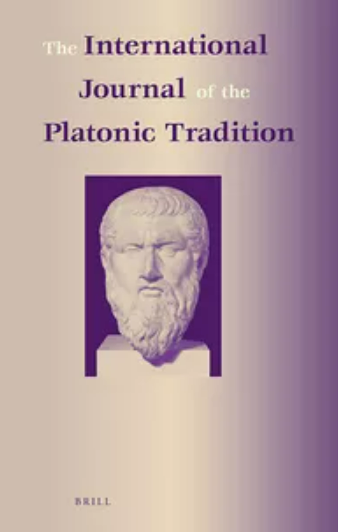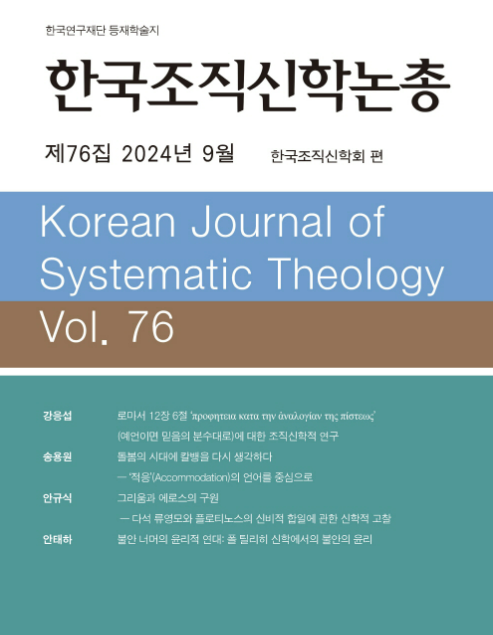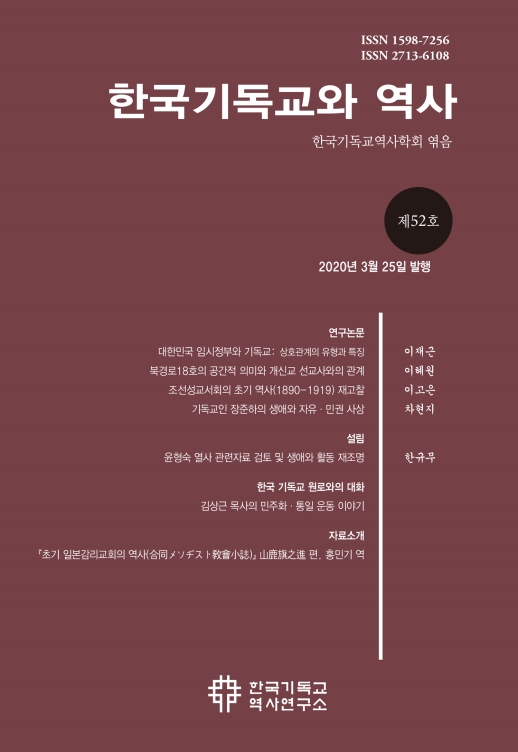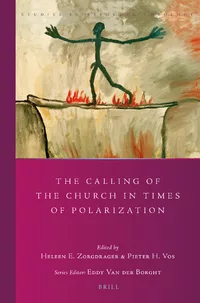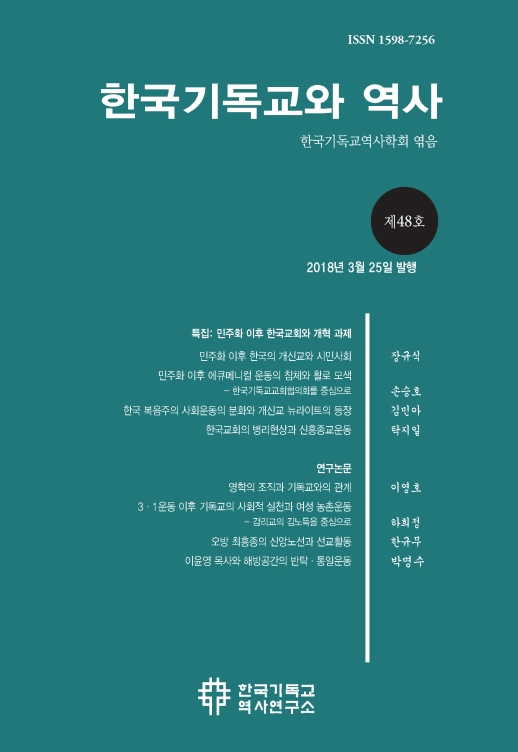https://doi.org/10.1163/18725473-bja10024
알렉산드리아의 오리게네스는 인류와 함께 있고자 하는 하나님의 열망을 설명하기 위해 에로스(ἔρως)라는 언어를 사용한다. 그러나 에로스를 결핍과 풍요의 혼합으로 보는 플라톤의 고전적 정의는, 오리게네스가 견지한 고전적 유신론과 상충되는 것처럼 보인다. 본 논문은 왜 오리게네스가 이러한 속성 부여가 자신의 신학적 입장과 모순된다고 생각하지 않았는지를 설명한다. 먼저 오리게네스의 신적 속성 이론인 '그리스도의 명칭들'(ἐπίνοιαι Χριστοῦ)에 대한 논의로 시작한다. 다음으로, 하나님께서 능동적으로 수동적이 되기를 원하실 수 있다는 오리게네스의 '사랑의 수난'(passio caritatis) 교리를 설명한다. 그 후, 오리게네스가 플라톤의「향연」(Symposium)에 정통했음을 입증한다. 이어서 논문은「아가서 주석」(Commentarium in Canticum Canticorum)에서 오리게네스가 하나님께 에로스를 귀속시킨 것과 그 문맥을 고찰하는데, 여기서 오리게네스에게 성육신(Incarnation)은 하나님의 가장 '에로스적인' 행위임이 드러난다. 마지막 부분에서는 오리게네스가 타락한 인류를 향한 하나님의 에로스적이고 성육신적인 움직임에 대한 자신의 이해를 「아가서 주석」 외의 다른 저작들에서도 유지하고 있음을 보여준다.
Origen of Alexandria uses the language of ἔρως to explain God’s desire to be with humanity. However, Plato’s classic definition of ἔρως as a mix of poverty and plenty seems to be at odds with Origen’s commitment to classical theism. This article explains why Origen does not consider this attribution to contradict his theological commitments. It starts with a discussion of Origen’s theory of divine attributes, the ἐπίνοιαι Χριστοῦ. Next, Origen’s doctrine of passio caritatis, which states that God can actively will to be passive, is explained. Then, Origen’s familiarity with Plato’s Symposium is demonstrated. The article then considers Origen’s attribution of ἔρως to God, and its context, in the Commentarium in Canticum Canticorum; it emerges that the Incarnation is, for Origen, God’s most erotic act. The final section shows that Origen maintains his understanding of God’s erotic, incarnational movement towards fallen humanity in works other than the Commentarium in Canticum Canticorum.


